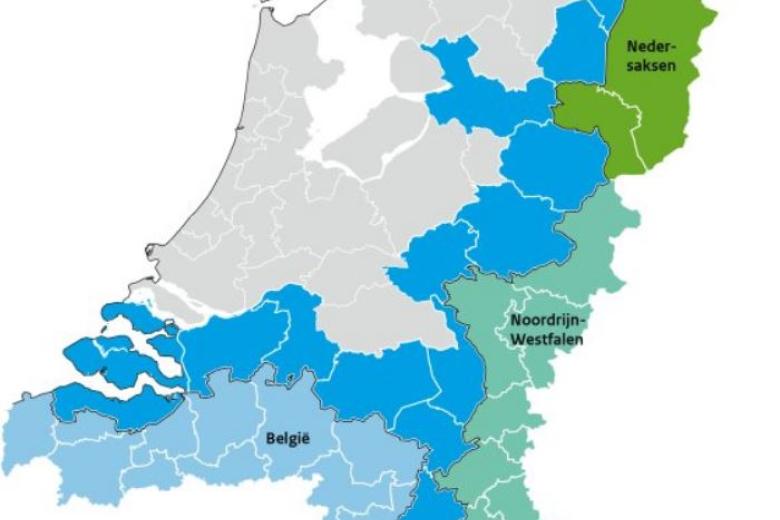ITEM participates in Expert Panel on a Cross-border Mechanism
On 18 October 2018 Martin Unfried, of the expertise centre ITEM was present at the European expert panel organised by the ALDE group, about the cross-border mechanism.
European Expert Panel
Senior researcher of the Institute for Transnational and Euregional cross border cooperation and Mobility / ITEM, Martin Unfried, was invited by Rapporteur for the EU Regiolation Matthijs van Miltenburg to participate in the expert panel on the regulation of the cross-border mechanism, organised by the ALDE Group in the European Parliament: 'The EU without borders - the potential of the European Cross Border Mechanism'. Unfried discussed the character and potential added-value with representatives from the European Parliament, DG Regio and other experts
Cross-border Mechanism
Unfried presented a rather positive view on the European Commission’s proposal on a cross-border mechanism. Invited by the Rapporteur for the EU Regulation Matthijs van Miltenburg he discussed the character and potential added-value with representatives from the EP, DG Regio and other experts. He supported Mr van Miltenburg’s draft report: making use of the regulation and the mechanism in the case of a certain border obstacle should be of voluntary nature for the Member States. Emphasising this more explicitly could take away some fears in the Member States. However, there should be no opt-out for a specific border region but a clear procedure for a case by case assessment. In this way, the regulation could in the first place improve the position of initiators of new cross-border projects who face legal obstacles and define a clear procedure for their request. This could for instance refer to the position of municipalities and other public sector bodies in a border region and would be certainly helpful for instance in the Dutch Province of Limburg.
Cross-border coordination point
Even if Member States prefer to solve legal cross-border problems by using their own instruments, a future cross-border coordination point could be an important addressee and part of the existing cross-border governance system. Also in the Benelux (or in the Dutch-German situation), where there is already a developed cross-border governance system and where certain instruments exist for the adaptation of legislation, the EU mechanism could be of added-value and supplement the already existing cross-border toolbox. Unfried hopes that the Member States that are still sceptical (including perhaps the Dutch government) will discover the added-value of the proposed regulation.
Also read
-
Provincial elections from a cross-border perspective
On Wednesday 15 March 2023, there will be elections in the Netherlands. We will then vote for the Provincial Council and the District Water Board. Seven of the 12 Dutch provinces border a neighbouring country. Cross-border cooperation and special attention for border regions is therefore extra...

-
Recap ITEM Annual Conference 2021: Empowering border regions - More than ever?
The importance of cross-border cooperation manifests itself more than ever during the coronapandemic. Multi-level governance is the foundation for taking the next steps; looking for each other and perpetuating relationships at all levels, in administration, politics and practice. This became clear...

-
Working from home will disadvantage cross-border workers unless rules are changed
Unless the EU rules and tax treaties are amended, some cross-border workers will soon have to pay tax in two countries: in their country of residence for hours spent working from home, and in the country in which they work for hours spent in the office. Since COVID-19 has made working from home...
